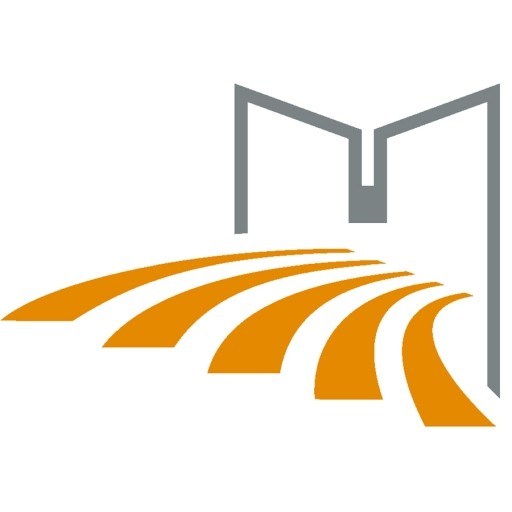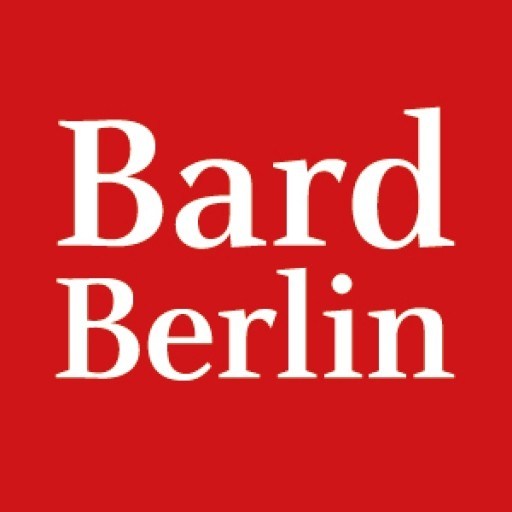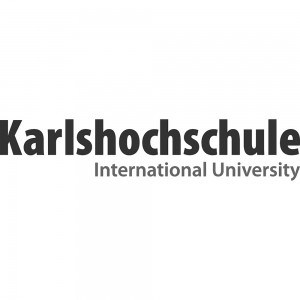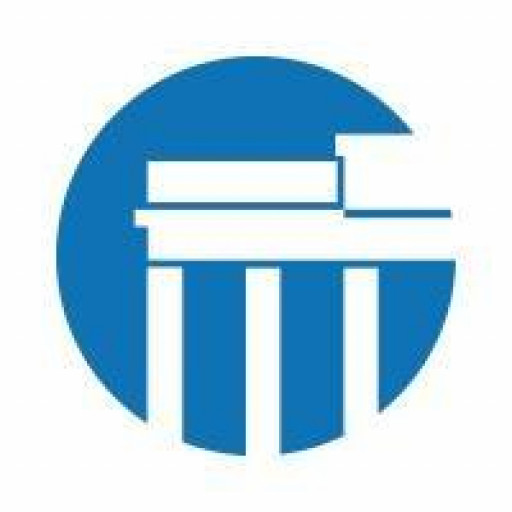Photos of university
The Bachelor of Arts in Business and Economics Education at Saarland University is a comprehensive undergraduate program designed to prepare students for a career in teaching economics and business studies at various educational levels. This interdisciplinary program combines fundamental knowledge of economic theory, business administration, and educational sciences to equip future teachers with the skills necessary to deliver high-quality education in these fields. Throughout their studies, students acquire a solid foundation in microeconomics, macroeconomics, accounting, management, and marketing, alongside pedagogical methods tailored to teaching economics and business topics effectively. The curriculum integrates practical teaching exercises, internships, and project work to develop pedagogical competencies, classroom management skills, and the ability to adapt teaching methods to diverse learners. Students are also trained in curriculum development, assessment strategies, and educational technology, ensuring they are well-prepared to meet the demands of modern classrooms. The program emphasizes both theoretical understanding and practical application, fostering critical thinking, communication, and organizational skills essential for educators. Graduates of the program are qualified to teach economics and business at secondary schools and other educational institutions, contributing to economic literacy and empowering students to navigate the complexities of today’s global economy. With a combination of academic rigor and practical training, the Bachelor’s degree in Business and Economics Education opens pathways for future teachers to make a meaningful impact in the educational sector, promoting economic understanding among generations of learners.
Program Content
The Business and Economics Education program at Saarland University is designed to prepare students for a successful career in teaching and conveying economic and business knowledge at various educational levels. The program combines comprehensive training in economic theory and business practices with pedagogical skills essential for effective teaching. Students will gain a solid foundation in microeconomics, macroeconomics, accounting, finance, marketing, and management, ensuring a well-rounded understanding of the core principles that underpin the business world.
Alongside this, the program emphasizes pedagogical methods and educational psychology, equipping students with the tools necessary for classroom instruction, curriculum development, and student assessment. Practical teaching experiences are integrated throughout the program, giving students opportunities to apply theoretical knowledge in real educational settings. This approach aims to develop their instructional skills, classroom management techniques, and the ability to design engaging lesson plans tailored to diverse learner needs.
The curriculum also includes modules on research methodology and educational technology, preparing students to incorporate digital tools and innovative teaching strategies into their future classrooms. Students will learn to analyze economic data, interpret market trends, and use quantitative methods to support their pedagogical activities. Moreover, the program encourages an understanding of ethical issues and social responsibility in business and education contexts.
Internships and collaborative projects with local schools and educational institutions are integral parts of the program, providing networking opportunities and practical insights into the educational sector. Graduates will be equipped not only with academic knowledge but also with the practical and pedagogical skills required to educate the next generation of business professionals and economists effectively. The program ultimately aims to foster critical thinking, communication skills, and a strong sense of social responsibility, preparing students for diverse careers within the educational and economic spheres.
Program requirements for the Bachelor of Education in Business and Economics at Saarland University include a comprehensive set of prerequisites designed to ensure students are well-prepared for the academic challenges ahead. Prospective students are typically required to have completed secondary education with a focus on subjects such as mathematics, economics, and social sciences to demonstrate their aptitude for the program’s interdisciplinary nature. Proficiency in the German language is essential, as the program is primarily taught in German, and applicants must provide evidence through standardized tests or previous coursework. Additionally, applicants may need to submit standardized test scores, such as the Hochschulzugangsberechtigung (university entrance qualification), which verifies their eligibility for higher education in Germany. Some coursework prerequisites may include advanced modules in mathematics and economics, which form the foundation of the curriculum. Prior exposure to pedagogical concepts or teaching methods can be advantageous but is not mandatory. The program also emphasizes the importance of a personal motivation letter and an interview process to assess applicants’ commitment and suitability for a career in teaching Business and Economics. For international students, additional requirements such as visa documentation and language proficiency in English (e.g., TOEFL or IELTS scores) may apply, particularly if they wish to undertake parts of the program in English or participate in exchange programs. The university recommends that applicants demonstrate a strong interest in educational sciences and possess skills in critical thinking, problem-solving, and effective communication. Enrolling students are usually expected to attend introductory courses in education theory and research methods early in the program to equip them with pedagogical techniques pertinent to teaching in various educational settings. Overall, meeting these requirements ensures that students are adequately prepared to undertake advanced coursework in business and economics education and to develop the skills necessary for successful teaching careers in schools or related educational institutions.
The financing of the Business and Economics Education program at Saarland University is primarily supported through a combination of tuition fees, government funding, and scholarships. As a public university in Germany, Saarland University offers relatively low tuition fees compared to private institutions, which helps to make education accessible to a broad range of students. Typically, tuition fees for Bachelor's degree programs are either very minimal or non-existent for domestic students, with some fees possibly applying to non-EU international students, though specific details for this program should be verified through the university’s official website. In addition to tuition, students are responsible for living expenses, including accommodation, food, transportation, and study materials, which are often covered through personal funds, part-time work, or financial aid programs offered by the university or the government.
German public universities like Saarland University are partly funded by the federal and state governments, which allocate resources for university operations, research, and student services. This public funding ensures that the core structure of the program remains financially sustainable while keeping costs affordable for students. Moreover, students can access various scholarships and financial assistance programs designed to support their economically disadvantaged backgrounds or outstanding academic achievements. The DAAD (German Academic Exchange Service) provides numerous scholarship opportunities for international students, and Saarland University itself may offer scholarships specifically for students enrolled in Business and Economics Education, though exact details should be checked directly with the university’s scholarship office.
Students are also encouraged to explore federal student loans and part-time employment options. The German government’s BAföG (Federal Student Grants and Loans) program offers financial support to students under certain income criteria, which can help cover living costs and study-related expenses. The university’s Career Service and job centers assist students in finding part-time work opportunities on and off-campus, providing additional income sources to support their studies.
International students considering the program should also plan for additional costs such as health insurance, visa fees, and travel expenses, which are essential components of their overall financing plan. Saarland University provides guidance on the total costs involved and available financial aid options, but most students rely on a combination of personal savings, family support, scholarships, and part-time work to finance their studies. Overall, the financing of the Business and Economics Education program is designed to be accessible and supportive, aligned with Germany’s broader commitment to providing affordable higher education opportunities for both domestic and international students.
The Business and Economics Education program at Saarland University is designed to prepare students for a career in teaching economics and business studies at secondary school level. This program combines rigorous academic training in economic theory, business management, and pedagogical principles to enable future educators to effectively communicate complex concepts to students. The curriculum typically includes courses on microeconomics, macroeconomics, accounting, finance, and organizational management, alongside specialized education modules focusing on teaching methodologies, curriculum development, and assessment strategies. Students are also provided with practical teaching experience through internships or student teaching placements, often coordinated with local schools and educational institutions.
Throughout the program, students develop essential skills such as critical thinking, analytical reasoning, and the ability to design and implement engaging lesson plans. Emphasis is placed on both theoretical understanding and practical application, ensuring graduates are well-equipped to handle diverse classroom environments and adapt to evolving educational standards. The program fosters an interdisciplinary approach, encouraging students to integrate knowledge from economics, business, and educational sciences to formulate comprehensive teaching strategies.
Graduates of the Business and Economics Education program at Saarland University are prepared for careers as economics and business teachers in secondary education. They may also pursue further specialization or advanced degrees, such as a master's or doctoral qualification, to enhance their academic credentials or to engage in research. The university supports students with modern teaching facilities, access to educational resources, and opportunities for professional development to ensure they are fully prepared for the challenges of education careers. Overall, this program aims to contribute to the development of skilled, knowledgeable, and innovative educators committed to enhancing economic literacy among future generations.









